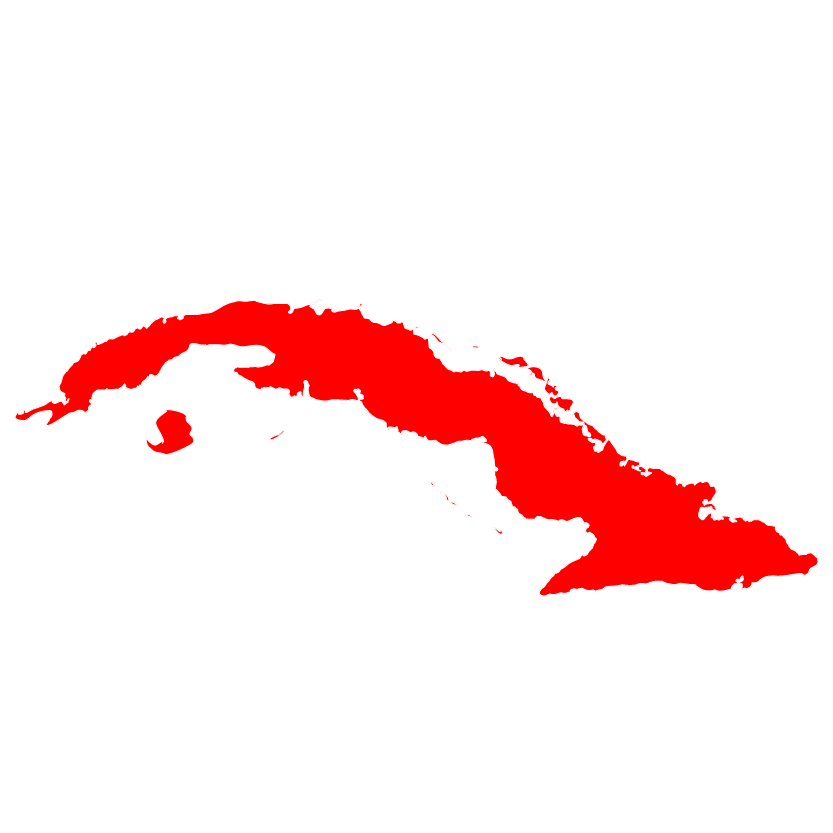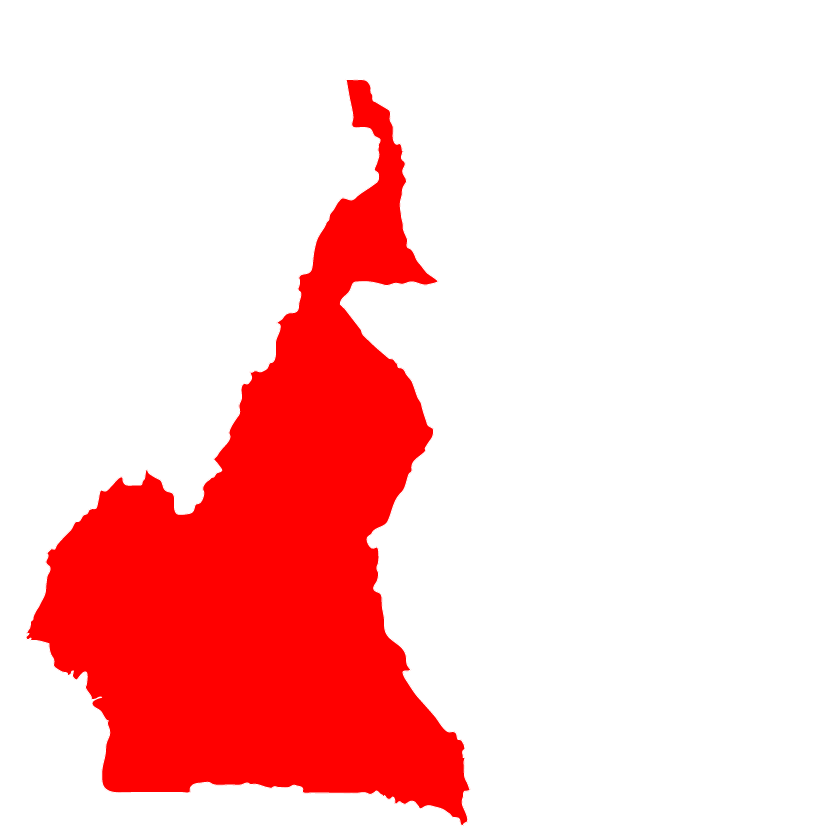The Lake Chad Basin is facing one of the most severe humanitarian crisis of our time. The area includes parts of Nigeria, Niger, Chad, and Cameroon now home to 2.5 million displaced persons (IDPs, refugees, and returnees). There are at least 10.7 million people suffering hunger and malnutrition, subjected to extreme hardship caused by poverty, climate change, and conflict.
Insecurity is hampering the resumption of normal life, leaving conflict-affected families dependent on humanitarian assistance for survival (OCHA, Lake Chad Basin, crisis overview January 23, 2019).
The United Nations Refugee Agency (UNHCR) – jointly with UNDP, the United Nations Development Program, and implementing partners, including ACT Alliance members (Lutheran World Federation, Christian Church Aid and Norwegian Church aid), have launched the 2019 Regional Refugee Response Plan (RRRP), an appeal for US$135 million to help hundreds of thousands of people displaced by the worsening Boko Haram insurgency in the Lake Chad Basin region. ACT Lake Chad members will focus on WASH, Protection/ Psycho-social support; and Livelihood/Early Recovery.
Therefore, there is a pressing need to provide immediate assistance to minimize loss of life and to ensure that the needs of the most vulnerable are covered.









